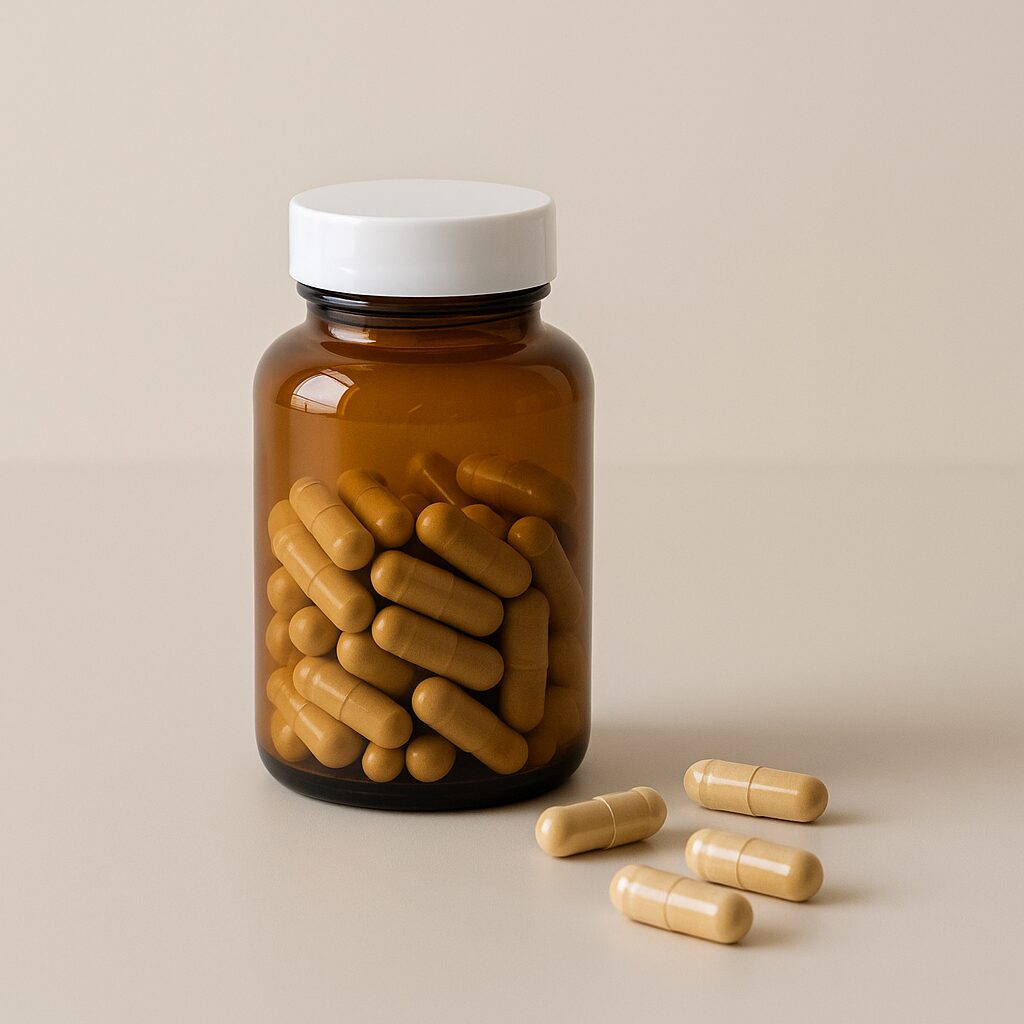Policosanol is a natural mixture of long-chain alcohols extracted from sources such as sugarcane wax, rice bran, and wheat germ. It has gained attention for its potential benefits in cholesterol management and vascular health. This article outlines its main functions, possible health effects, and general considerations.

1. Overview of Policosanol
Policosanol is commonly derived from sugarcane and is used as a dietary supplement. It may support lipid metabolism and help maintain healthy cholesterol levels, which are closely related to cardiovascular wellness.
2. Cholesterol Management
Some studies suggest policosanol may lower LDL cholesterol (the “bad” cholesterol) while increasing HDL cholesterol (the “good” cholesterol). This balance may reduce the risk of atherosclerosis and cardiovascular disease, although results can vary between individuals.
3. Vascular Health
Policosanol may help prevent platelet aggregation and support smooth blood flow. It may also contribute to maintaining arterial elasticity and reducing the risk of clot formation, which is important for vascular health.
4. Antioxidant Support
As an antioxidant, policosanol may help reduce oxidative stress and inflammation in blood vessels. This effect could support long-term cardiovascular health and slow age-related damage.
5. Metabolic and Weight Support
Some evidence indicates policosanol may assist in regulating lipid metabolism and support metabolic balance. It may also play a role in weight management and blood sugar control, though further research is needed.
6. Dosage and Safety
Policosanol supplements are generally taken in doses of 5–20 mg per day. It is usually well tolerated, but mild side effects such as stomach upset or headaches may occur. People on blood-thinning medication should seek medical advice before use.
🍀
Policosanol may help regulate cholesterol, support vascular health, and provide antioxidant protection. While individual responses can differ, combining supplementation with a healthy lifestyle may maximize potential benefits.
References and Further Reading
World Health Organization (WHO) – Lipid Management Guidelines
National Institutes of Health (NIH) – Policosanol Overview
PubMed – Policosanol and Cholesterol Studies
※ This article is for general informational purposes only. Supplement effects may vary, and consultation with a healthcare professional is generally recommended before use.